Spotify Challenges Apple on App Store Rules Following U.S. Court Ruling
Spotify Technology S.A. $SPOT has reignited its long-standing battle with Apple Inc. $AAPL by submitting an updated version of its app containing an external link for subscription purchases. The move follows a pivotal U.S. court decision that deemed Apple in violation of a mandate designed to foster fair competition within app marketplaces.
This development marks a significant step in the broader debate over digital platform dominance and could reshape how subscription-based services engage users on iOS. The update, filed by Spotify on Thursday, specifically applies to its U.S. app and is aimed at leveraging the recent judicial directive that prevents Apple from imposing additional fees on transactions made outside the App Store ecosystem.
Under the Surface: What’s Driving the Friction
At the heart of the issue is Apple’s historical policy of restricting app developers from including direct links or calls to action that enable external purchases, thereby allowing Apple to maintain a 15%–30% commission on in-app payments. For years, Spotify and other developers have argued that these rules stifle competition and inflate prices for consumers.
Wednesday's court ruling, which found Apple in breach of earlier antitrust-related orders, adds fresh legal weight to developer complaints. Spotify’s quick response, both technical and public, signals a strategic effort to capitalize on this regulatory momentum.

Key Legal and Market Implications
Precedent Setting: The ruling could serve as a template for similar challenges by other developers globally.
Subscription Model Evolution: Apps may gradually move to external payment models, reducing dependence on App Store infrastructure.
Apple’s Compliance Scrutiny: Regulators and courts may increase oversight of how Apple implements or resists legal orders.
Developer Empowerment: Spotify’s move may embolden smaller app developers to assert their rights more aggressively.
Market Response: Although Apple has not yet approved the update, how it proceeds will be closely monitored by financial markets and tech companies alike.
Industry Forces Reshaping the App Store Economy
Antitrust Pressure: U.S. and European regulators are intensifying scrutiny of big tech platforms, especially regarding market access and pricing fairness.
Payment Diversification: More apps are exploring alternative billing solutions to lower operational costs and increase user transparency.
Platform Lock-in Resistance: Developers continue to push for ways to maintain ownership over the user relationship without intermediary fees.
Brand-Led Advocacy: Spotify’s vocal stance is not only legal but reputational, positioning it as a consumer advocate in the ongoing digital rights discourse.


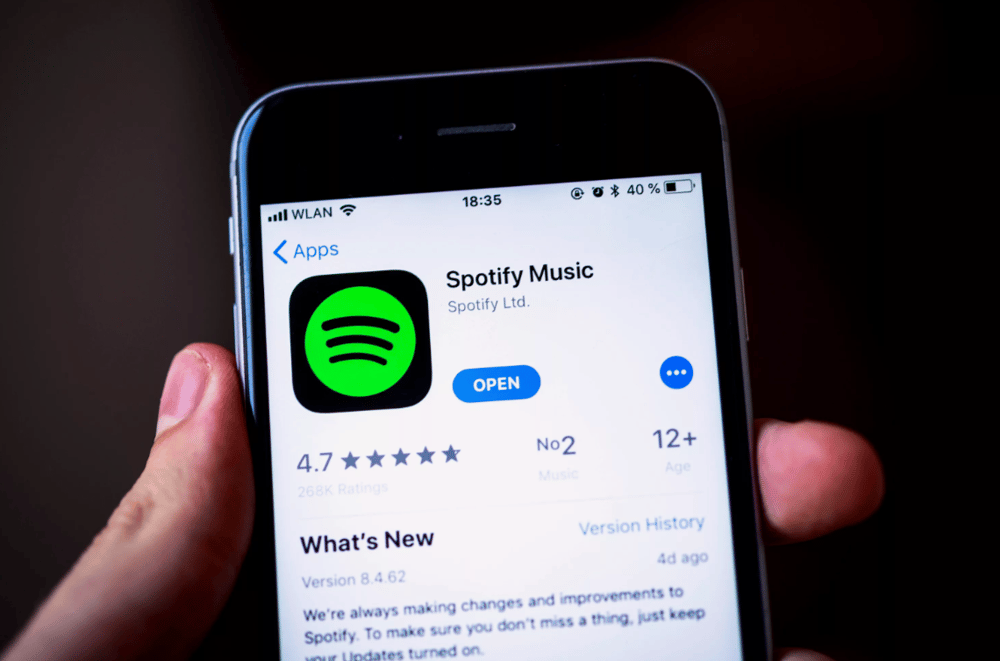
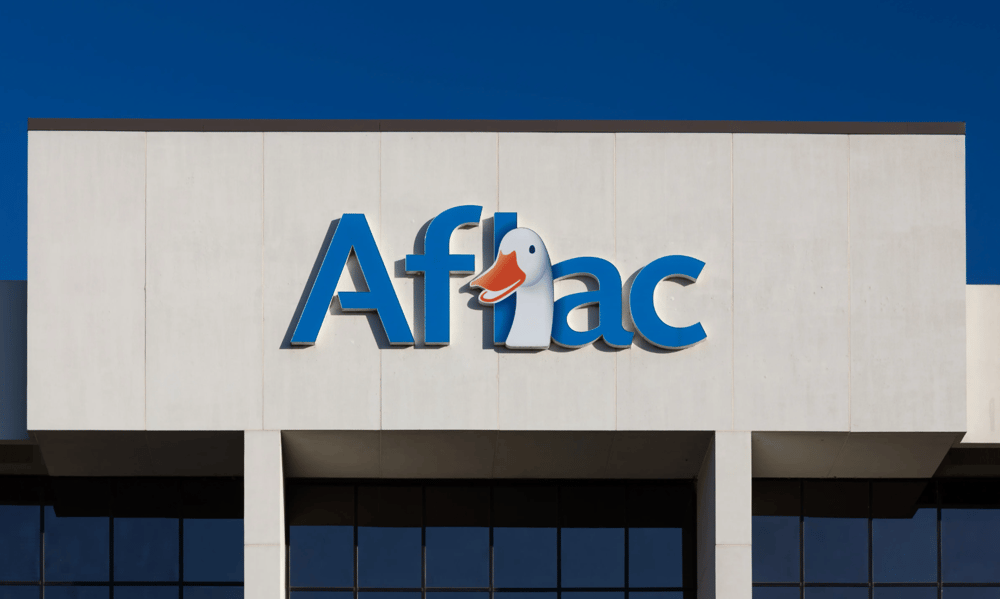
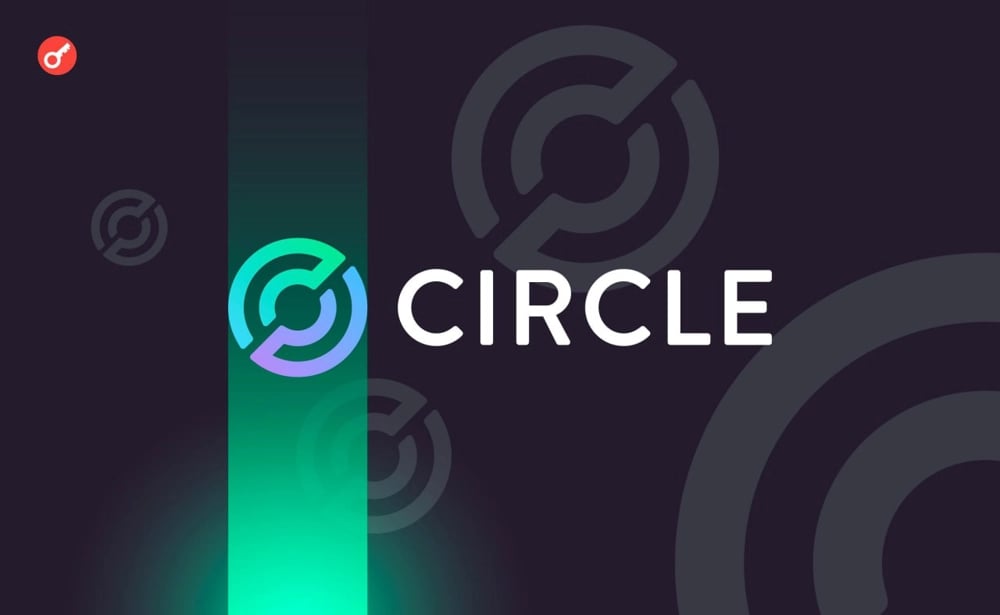

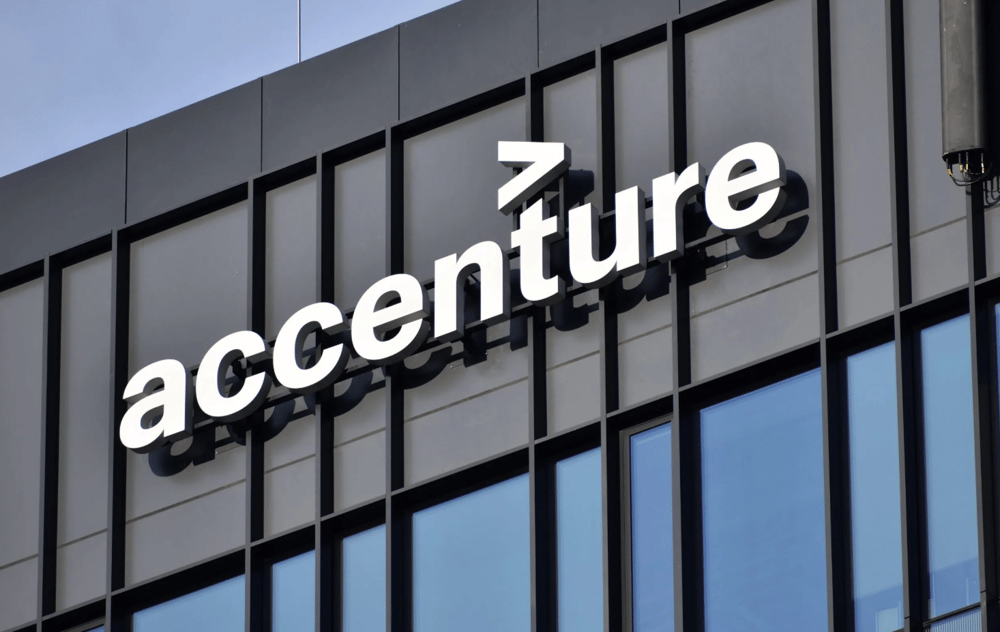
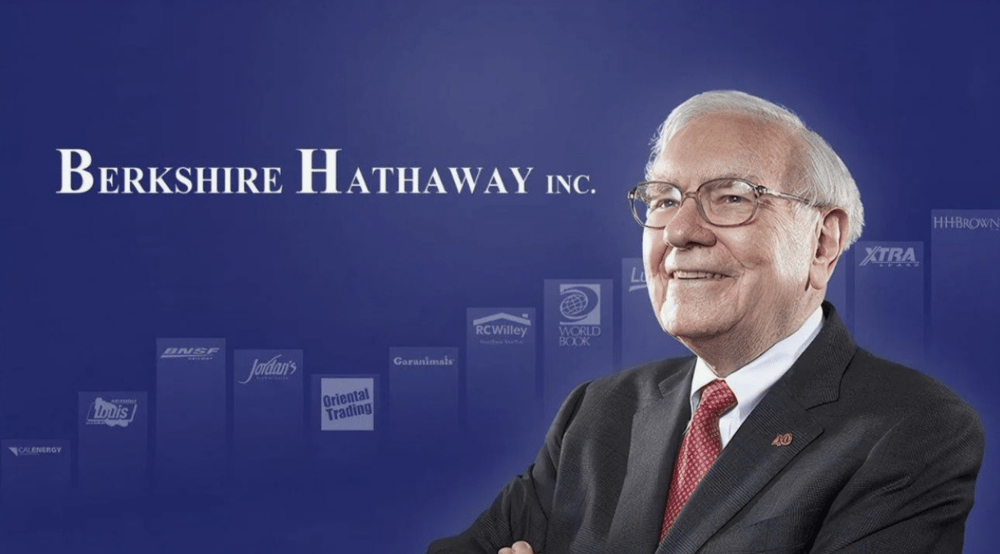
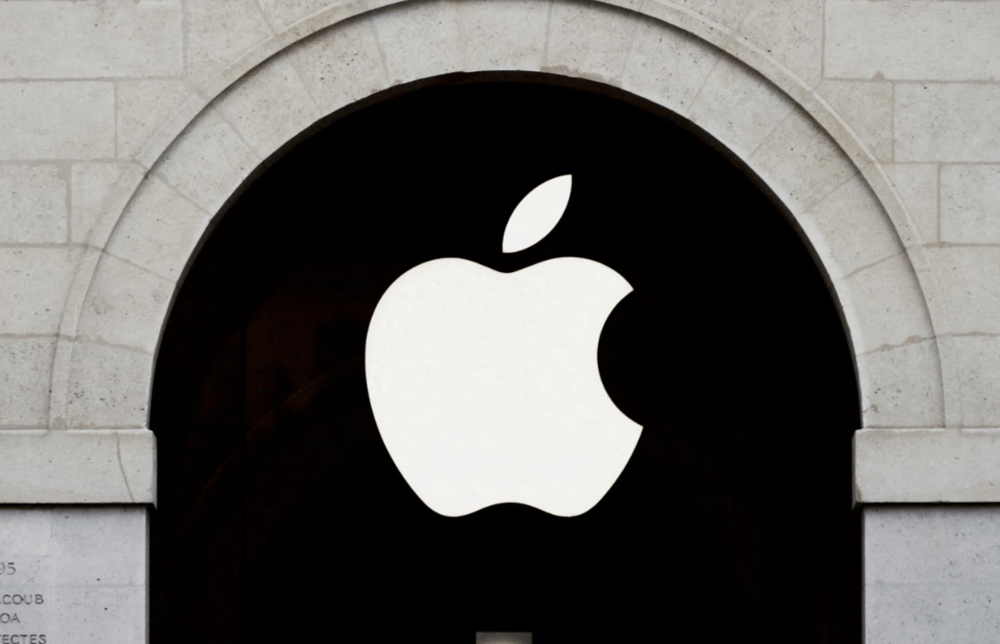


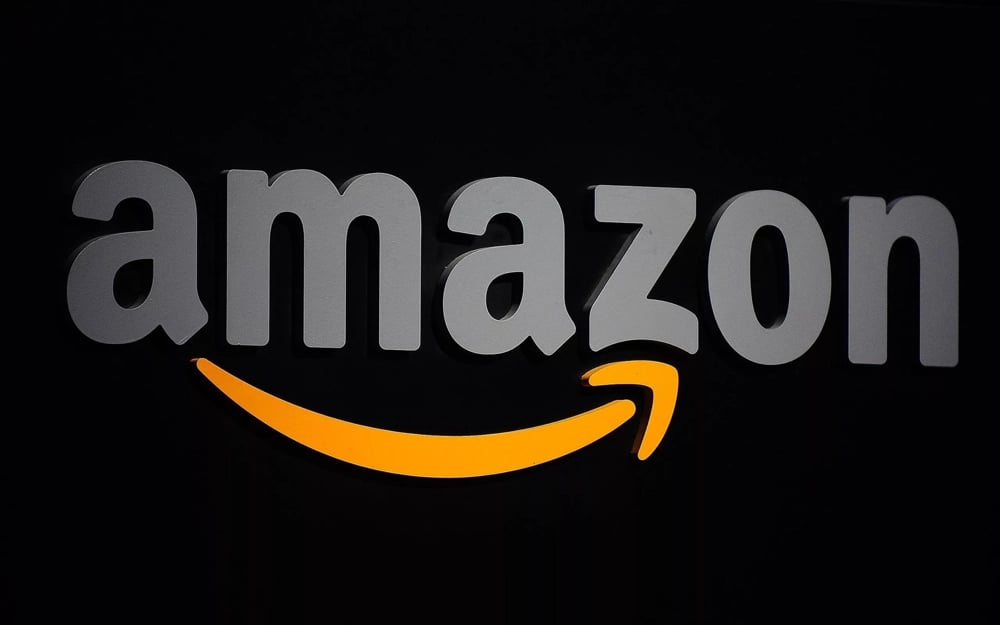
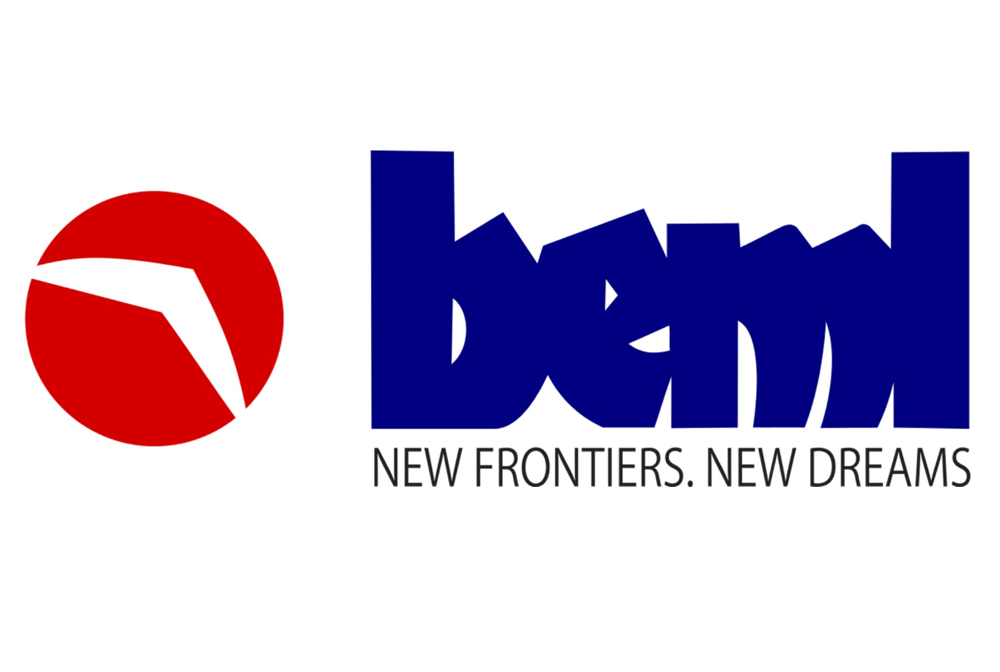


Comments
Such forward-thinking moves have the potential to redefine how automation drives progress in tech